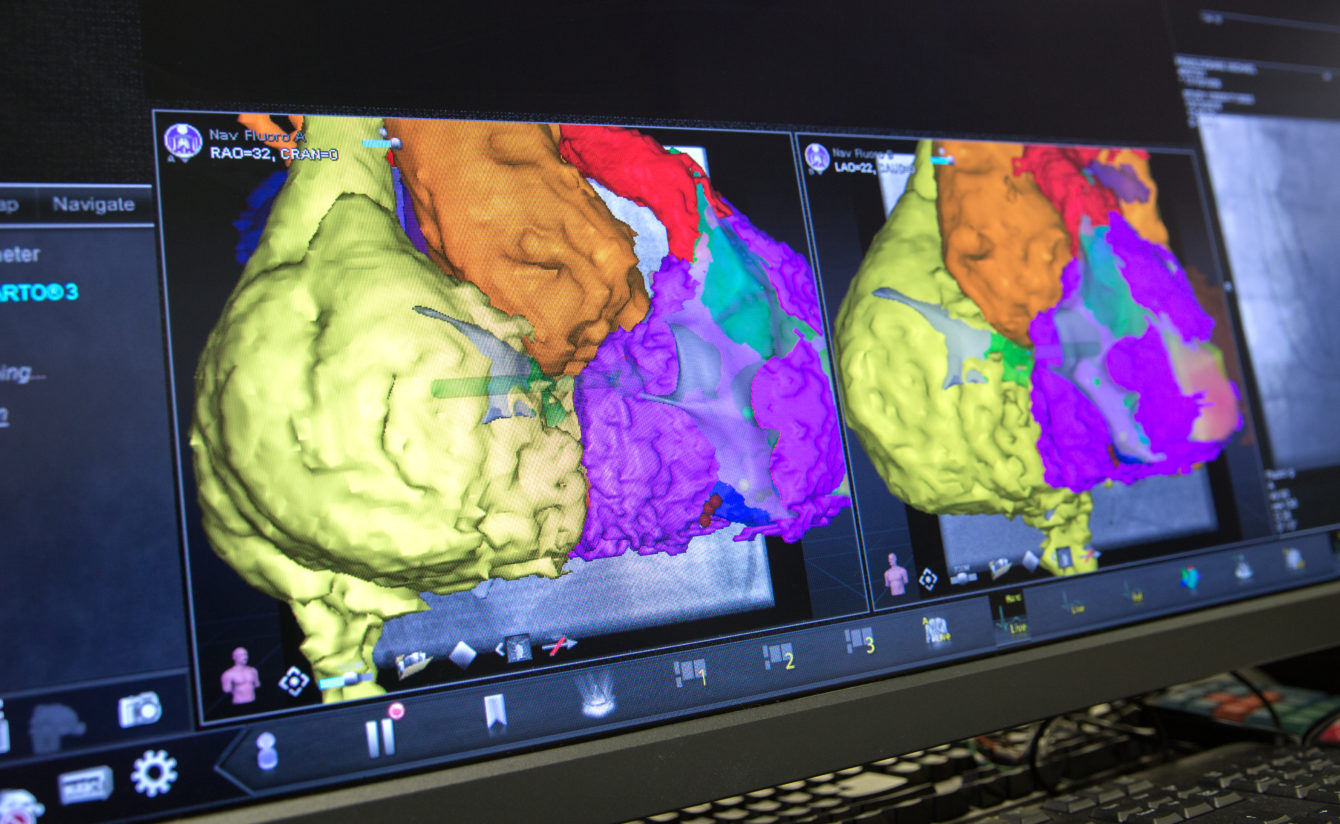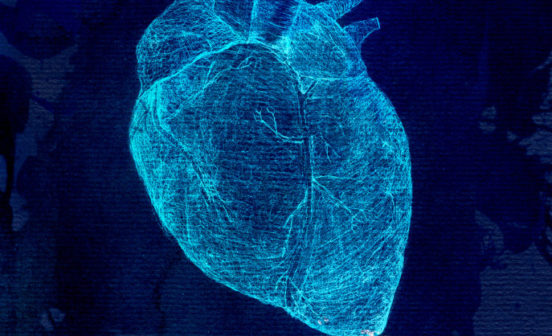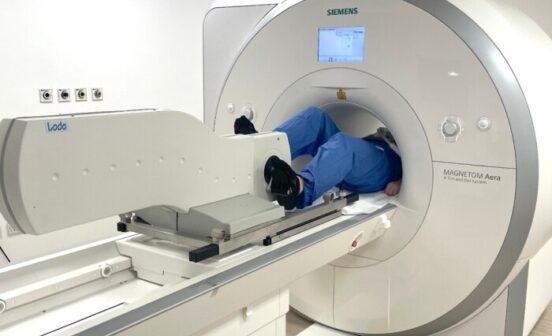AwardPreventionTherapeutic Machine learning to model disease mechanisms and predict outcomes in cardiomyopathy

Cardiomyopathy is a term used for diseases of the heart muscle, where the walls of the heart chambers have become stretched, thickened or stiff. This affects the heart’s ability to pump blood around the body. There are different types of cardiomyopathies known as dilated, hypertrophic, restrictive, arrhythmogenic right ventricular, etc. Cardiomyopathies arise from a complex interaction between genetic and environmental factors associated with differing adaptations of ventricular contractility and geometry frequently leading to functional decompensation or sudden death.
Some cases of cardiomyopathy can be diagnosed using electrocardiogram (ECG) and an echocardiogram. Cardiomyopathy that runs in the family can be diagnosed after a genetic test to identify the faulty gene (mutation) that caused this. However, these tools for characterising dysfunction and predicting adverse events rely on crude explanatory variables that are insensitive to the complex pathophysiology of heart disease.
Machine learning (ML) is an application of artificial intelligence (AI) that focuses on the development of computer programs to access data and automatically learn and improve from experience, without being explicitly programmed. Machine learning could offer a significant advance in developing integrative approaches to modelling heart disease and is well suited to a variety of classification and prediction tasks that exploit complex input data.
Dr Declan O’Regan, Principal Investigator in the NIHR Imperial BRC Cardiovascular and Imaging Themes, Honorary Reader at MRC London Institute of Medical Sciences, has been awarded a £1m Programme Grant by the British Heart Foundation (BHF) to investigate this approach. Dr O’Regan said: “We will use cardiac magnetic resonance imaging (MRI) and leverage discoveries from our BHF New Horizons project to develop state-of-the-art approaches for inference and prediction using rich 4-dimensional models of cardiac motion that also integrate functional, genetic and biochemical biomarkers of disease.”
This approach could be transformative in delivering patient-specific tools for predicting survival, identifying causative mechanisms, and accelerating the discovery of molecular targets that will benefit from appropriate treatments.




